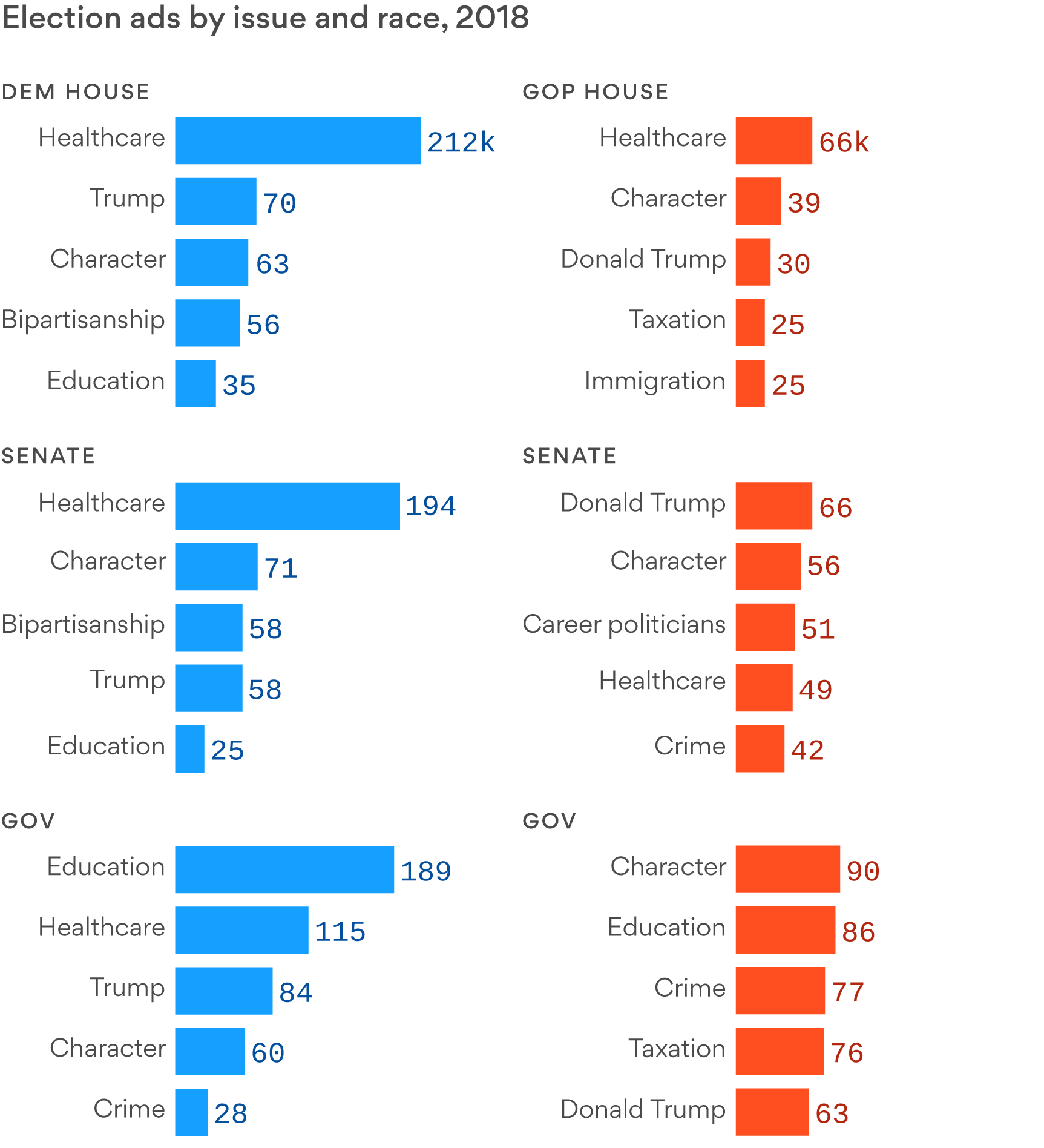Tom Jacobs explains why “Candidates Who Explain Progresive Policies Via Conservative Principles Could be Uniquely Persuasive” at The Pacific Standard:
South Bend, Indiana, Mayor Pete Buttigieg has impressed a lot of people with his ability to speak many languages during his campaign for the presidency. But Buttigieg’s greatest asset may be his ability to speak Republican.
Though he’s a liberal Democrat, the presidential hopeful often frames his arguments in terms of traditional, even conservative, values. He speaks about faith and freedom and service to the nation, arguing that these bedrock principles actually align with progressive policies.
The rest of the article is not so much about Buttigieg, though Jacobs notes that “this rhetorical ability could make him quite formidable in the general election” if he gets the Democratic nomination. Jacobs elaborates on the main findings:
Researchers report that, in two studies featuring more than 4,000 people, “a presidential candidate who framed his progressive economic platform to be consistent with conservative values like patriotism, family, and respect for tradition—as opposed to more liberal value concerns like equality and social justice—was supported significantly more by conservatives and, unexpectedly, by moderates as well.”
Sociologists Jan Voelkel and Robb Willer report that such a framing tells conservative voters that a candidate shares their principles, thus making voters more open to the candidate’s specific policy proposals. This research suggests that Democratic candidates don’t need to “move to the center” to attract support from Republicans; rather, they need to change the way they talk about their own policies.
The paper, which is available online but has yet to be peer reviewed, describes two similarly structured large-scale studies. The first featured 2,443 American citizens recruited online; the second featured 1,695 participants from the National Opinion Research Center’s AmeriSpeak Panel, which was designed to be representative of the population as a whole.
In both studies, Jacobs explains, the researchers posited an imaginary Democratic candidate named ‘Scott Miller,’ whose “policies were described as either moderately progressive (e.g. maintaining the Affordable Care Act in its current form), or highly progressive (e.g. expanding Medicare to cover all uninsured Americans).”
Some survey respondents were read ‘liberal frame’ speeches in which Miller’s “vision for our country is based on principles of economic justice, fairness, and compassion,” while others “read either a neutral framing or a conservative one,” in which Miller stressed values of “hard work, loyalty to our country, and the freedom to forge your own path.” Not that conservatives have a monopoly on the latter values — many liberals frequently cite them.
Then, writes Jacobs, “these value-oriented statements were randomly paired with the moderate or progressive policy platforms. After reading the entire package, participants indicated on a zero-to-100 scale how likely they would be to vote for Miller over President Donald Trump in 2020.” The findings:
In both studies, when Miller’s policies were expressed in terms of conservative values, he received significantly greater support from both conservatives and moderates than when they were described in terms associated with liberal values.
How significant was the change? In the first study, conservative, as opposed to liberal, framing “resulted, on average, in a 13-point increase in support on a scale of 0 to 100 among conservatives.” That increase was a still-robust 10 points in the second study.
Importantly, “there was no backlash to conservative framing among liberal participants,” the researchers add. Thus the most successful approach “advocated for progressive policies in terms of conservative value concerns.”
Jacobs notes also that “participants in Study 1 rated a progressive candidate with conservative value concerns as similarly consistent as a progressive candidate with liberal values…the researchers suggest that “the ideological underpinnings of policies and candidates are more malleable than is commonly assumed…Or perhaps it means that people read just enough to be reassured they are on the same page as the candidate in terms of their core beliefs, which leads them to trust that candidate on specific positions.” Further,
These new results are consistent with a 2010 study that found people invested in justifying the status quo—that is, conservatives—were more supportive of pro-environmental policies when such policies were framed as a way to help sustain the American way of life. With all such questions, context is key.
“Moral re-framing may offer a more effective path to building political consensus than policy compromise,” Voelkel and Willer conclude. “This research suggests progressive policies and conservative value concerns are reconcilable in practice—and that such a combination can be persuasive.”
If the researchers are right, there is a case for a profound reframing of Democratic messages in federal, state and local elections. It would be instructive to see how such deliberate reframing performs in a few real-world elections, preferably those with Democratic candidates who were underdogs when they declared their candidacies.









